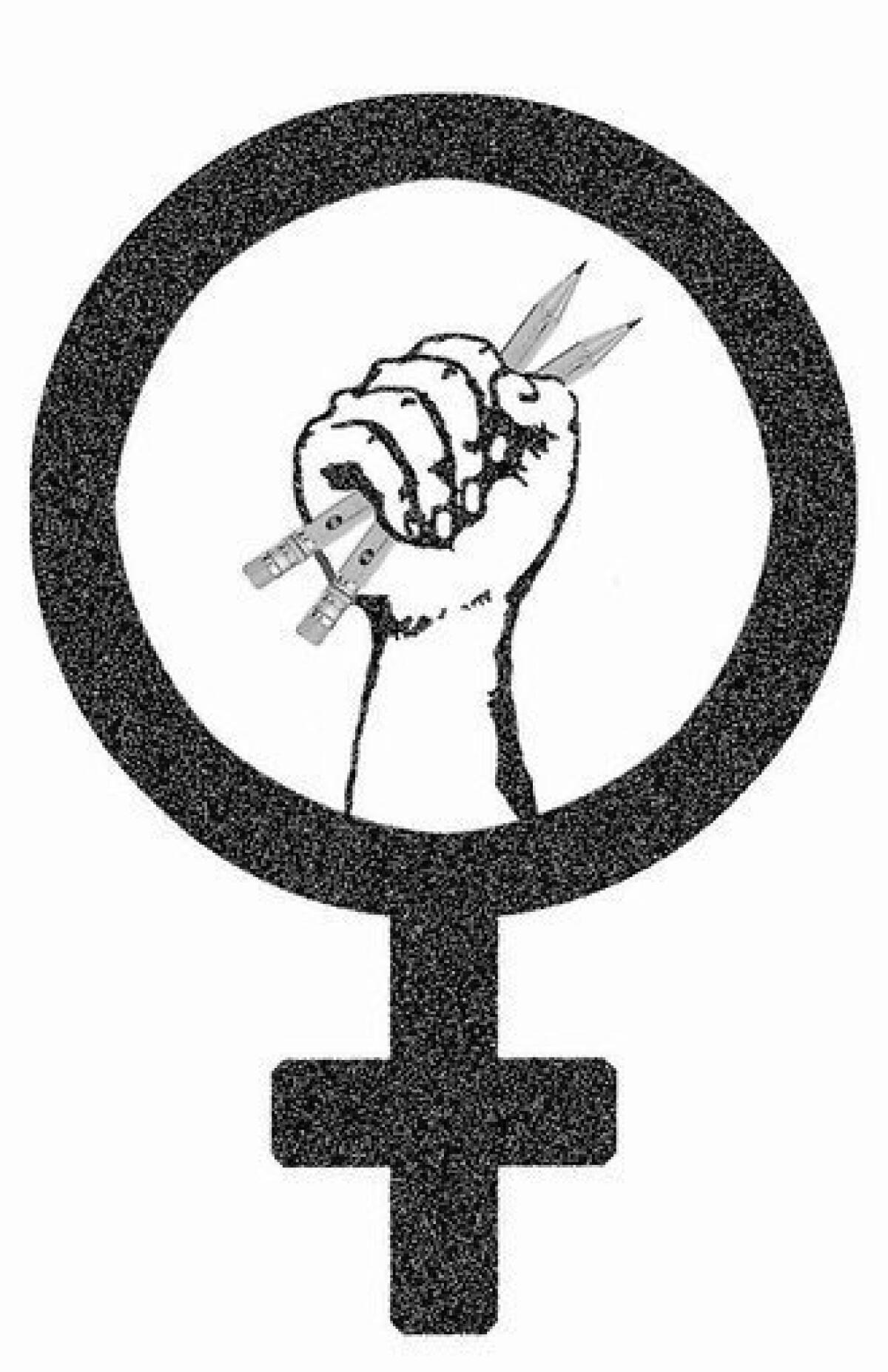Women in the workplace: How ‘good girls’ fight back

- Share via
I was one of 46 women who, in 1970, sued Newsweek magazine for workplace gender discrimination. We were protesting a system in which all but one of the writers and editors were men and the women clipped newspaper stories, checked facts and did research — lower-paying jobs without much opportunity to move up. In our job interviews, we were told: “Women don’t write at Newsweek. If you want to be a writer, go someplace else.” Which is exactly what Nora Ephron, Ellen Goodman, Jane Bryant Quinn and Susan Brownmiller did. They left.
The rest of us “good girls” stayed, thrilled to be working in a newsroom on the important issues of the day. But it was also the “Mad Men” era — married bosses had affairs with women who reported to them; a randy writer passed by the desk of one young woman and planted a kiss on her neck; a researcher was stalked by her senior editor, who had a crush on her. He told her if she didn’t marry him, she would have to leave Newsweek — which she did.
We were the first women in the media to sue, but our landmark lawsuit had largely been forgotten — even at Newsweek — as if it had all been a dream. A little more than two years ago, I got a call from two young women at Newsweek who, in the course of writing about workplace issues facing women today, discovered our 40-year-old lawsuit.
Some things had changed at the magazine.
The women who contacted me were reporters and writers (there are no researchers at the magazine anymore). But still, these women felt some of the same frustrations we had felt 40 years earlier. They were not listened to; men with equal or lesser credentials were getting better assignments and faster promotions; and although flagrantly wandering hands — or lips — were no longer winked at, there was still inappropriate behavior. One male editor told one of these women that her problem was that she was so pretty, she had to figure out how to use her sexuality to her advantage.
The discrimination we faced was blatant, illegal and easy to identify. The question I’m asked now is how do you combat the kind of subtler sexism that exists in today’s workplace?
The first thing I say is document it. It’s important to show that you don’t just “feel” marginalized but rather that there is a pattern of discrimination at work: If the mutual fund you run performs as well as or better than your male peer’s, but he is getting more pay and faster promotions; if there are consistently more male bylines than female, even on stories related to women; if women aren’t getting promoted into managerial jobs or assigned to major accounts — then collect the data. If you count it, you can change it.
What you do with the data depends on your office relationships. If the Human Resources person is trustworthy — and make sure you are afforded confidentiality — then ask him or her to look into it. If you have a mentor in management or a sympathetic top boss, show him or her. And if you don’t, consider having a lawyer write a letter pointing out the pattern. That could start a conversation, and the company might respond without any legal action necessary.
It’s easy for gender stereotypes to rule in the workplace, so we need to tip the balance toward more objective ways to evaluate talent and experience. In 1980, when Abbie Conant auditioned behind a screen for the Munich Philharmonic orchestra, she landed a coveted position as a trombonist. Blind auditions are now standard practice for orchestras following an influential Harvard-Princeton study by Claudia Goldin and Cecilia Rouse. They found that a screen increases the probability — by 50% — that a woman will advance out of preliminary audition rounds.
A 2012 collaborative study at Harvard’s Business School and the Kennedy School showed that if candidates for assignments and promotions were evaluated at the same time — for example, the results of their past performances were presented comparatively — interviewers tended to rely less on stereotypes and more on the evidence presented. But if candidates were assessed one at a time, the interviewers were more likely to revert to stereotypes: Men were more often placed in jobs with math-related tasks, women in jobs with verbal ones.
We also have to face the more difficult issue of whether women are doing enough to push themselves forward. In the corporate world, says Sheryl Sandberg, chief operating officer of Facebook, “women have to sit at the table, not on the sides.” They have to “raise their hands” and keep them raised. And most important, she says, women have to negotiate for themselves, take risks and reach for the promotion, even if they are contemplating having children. “Don’t leave before you leave,” she advises, and you’ll go back to a more challenging and rewarding job.
It’s not easy. Ambition is still stigmatized in women. According to Sandberg, the data indicate “that ‘success’ and ‘likability’ are positively correlated with men and negatively correlated for women.” One recent study showed that when women and men with equivalent qualifications tried to negotiate for a better salary in job interviews, women were penalized far more than the men — they were perceived as “demanding” or “not nice” — and evaluators were less inclined to hire them.
Women can’t do it alone. There have to be structural changes in organizations as well as societal changes. Women still do most of the child-rearing and elder care in our culture. Without mentoring, flexible hours and affordable day care, they will remain at a disadvantage.
And when there are still so many women at or near the top who don’t have young children or are childless, the message seems to be: Give up if you want to have a family. That is reinforced by the large number of men in top jobs who have given up much of their personal and family life. For them, it’s socially acceptable.
In late 2010, Tina Brown became the first female editor in chief at Newsweek. And last year, Jill Abramson was named the top editor at the New York Times. As more women run companies, leadership will become more associated with women. The glass ceiling is being chipped away, if not shattered. But even that hasn’t stopped women from facing some of the same kinds of gender discrimination we documented more than a generation ago.
The “good girls” won that case, but it was hardly the end of the fight. Not then, and not now.
Lynn Povich, Newsweek’s first female senior editor and former managing editor of MSNBC.com, is the author of “The Good Girls Revolt: How the Women of Newsweek Sued Their Bosses and Changed the Workplace.”
More to Read
A cure for the common opinion
Get thought-provoking perspectives with our weekly newsletter.
You may occasionally receive promotional content from the Los Angeles Times.






